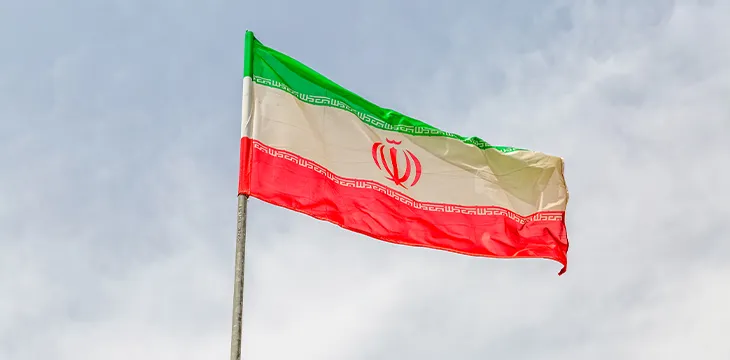|
Getting your Trinity Audio player ready...
|
Iran’s national government is on a mission to stamp out digital currency block reward miners as it grapples with its electricity demand. In its latest effort, it has enlisted the services of its network of intelligence officers to dig out the miners as the national power supply firm doubles the reward for whistleblowers.
Iran has been grappling with electricity demand at a time when its supply has dwindled. Back in January, the country started experiencing massive national blackouts. State-owned power supply company Tavanir blamed the blackouts on block reward miners, saying at the time that these miners had been consuming 95 megawatts per hour of electricity at subsidized rates.
Since then, the government has been determined to stamp out these miners. As per a Bloomberg report, the latest effort involves its intelligence service. The Ministry of Intelligence has reportedly set up committees across Iran to find and seize unlicensed block reward mining farms.
Tavanir has also stepped up its whistleblower rewards as it seeks to get the citizens’ help in turning in the miners. These public reports have been one of the key sources of government intelligence on the prevalence of block reward miners. The power company is now offering 200 million rial ($873) for tip-offs. This is close to five times the average salary in the Middle Eastern country, showing just how committed the country is in stamping out the miners.
According to Iranian authorities, it’s not just the power shortages that the miners have been responsible for. It also blames them for the air pollution the country has suffered. Power generators in Iran have reportedly turned to burning low-grade fuel oils to generate power at the face of great shortage in natural gas. This has led to toxic smog in many parts of Iran, making the need to stamp out the miners more urgent for the government.
And while it’s the industrial miners that the government has gone after the most, it has also reminded the citizens that mining in small-scale at home is also illegal. A week ago, the Ministry of Energy cautioned against domestic mining, reminding the public that this would attract steep fines. In addition, those found guilty will also have to provide compensation to the electricity provider for any damages caused.
It’s not just Iran that’s stamping out block reward miners. China has in the past week reiterated that it’s seeking to get rid of the miners as it strives to cut down its carbon footprint. In Inner Mongolia, a Chinese region that was home to one of the highest concentration of miners, the local authorities have set up a direct hotline for the public to report suspected miners.
See also: TAAL’s Jerry Chan presentation at CoinGeek Live, The Shift from Bitcoin “Miners” to “Transaction Processors”

 06-30-2025
06-30-2025 





